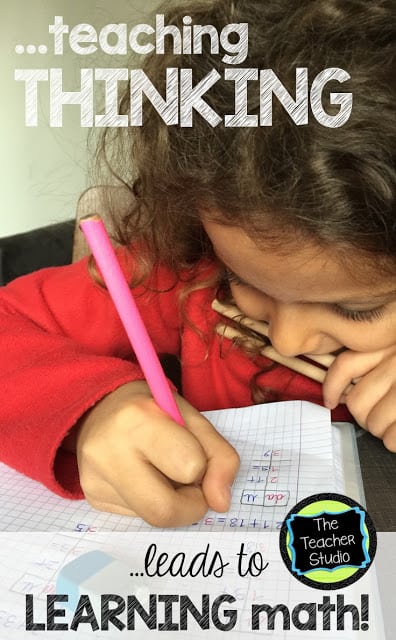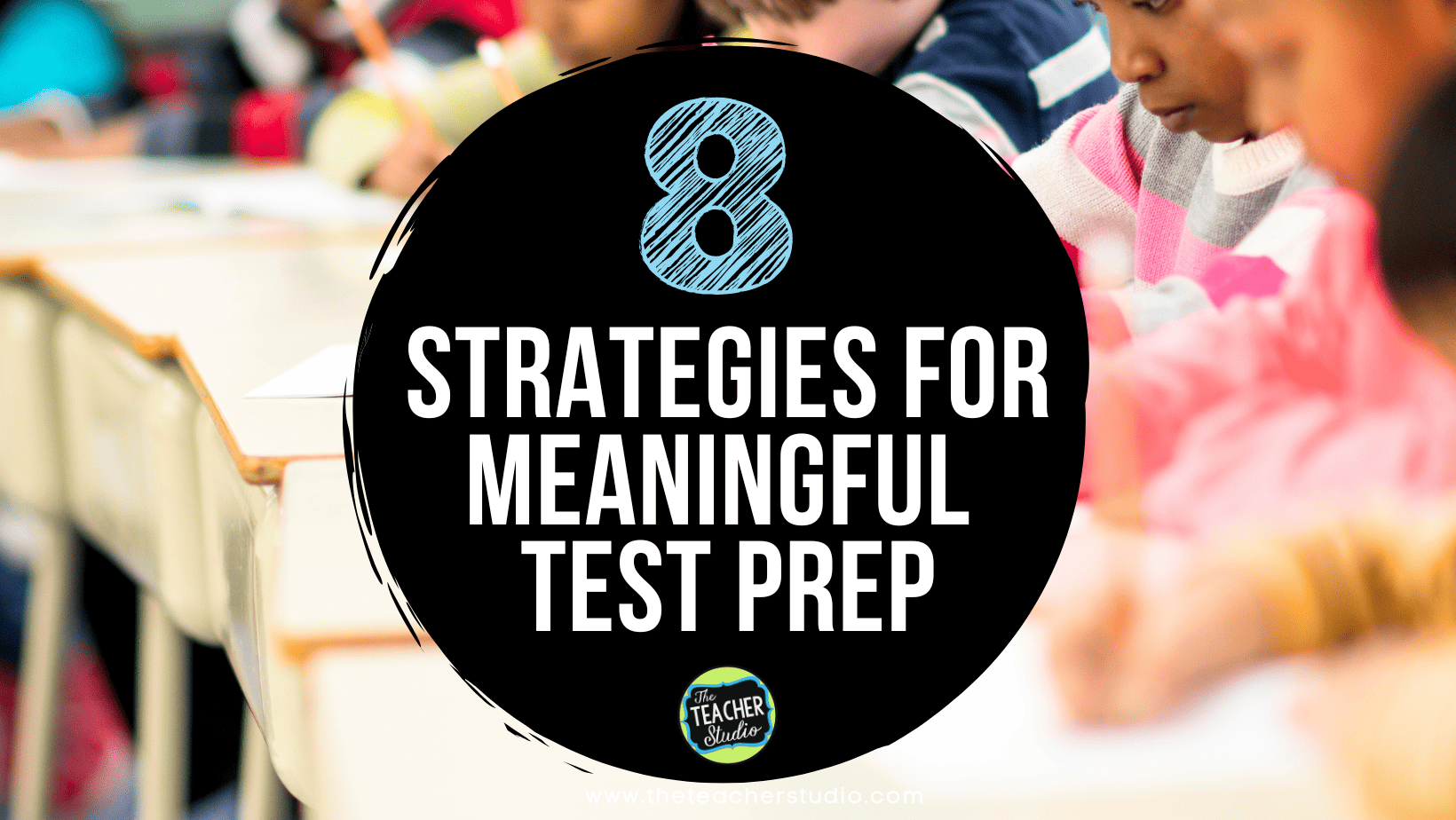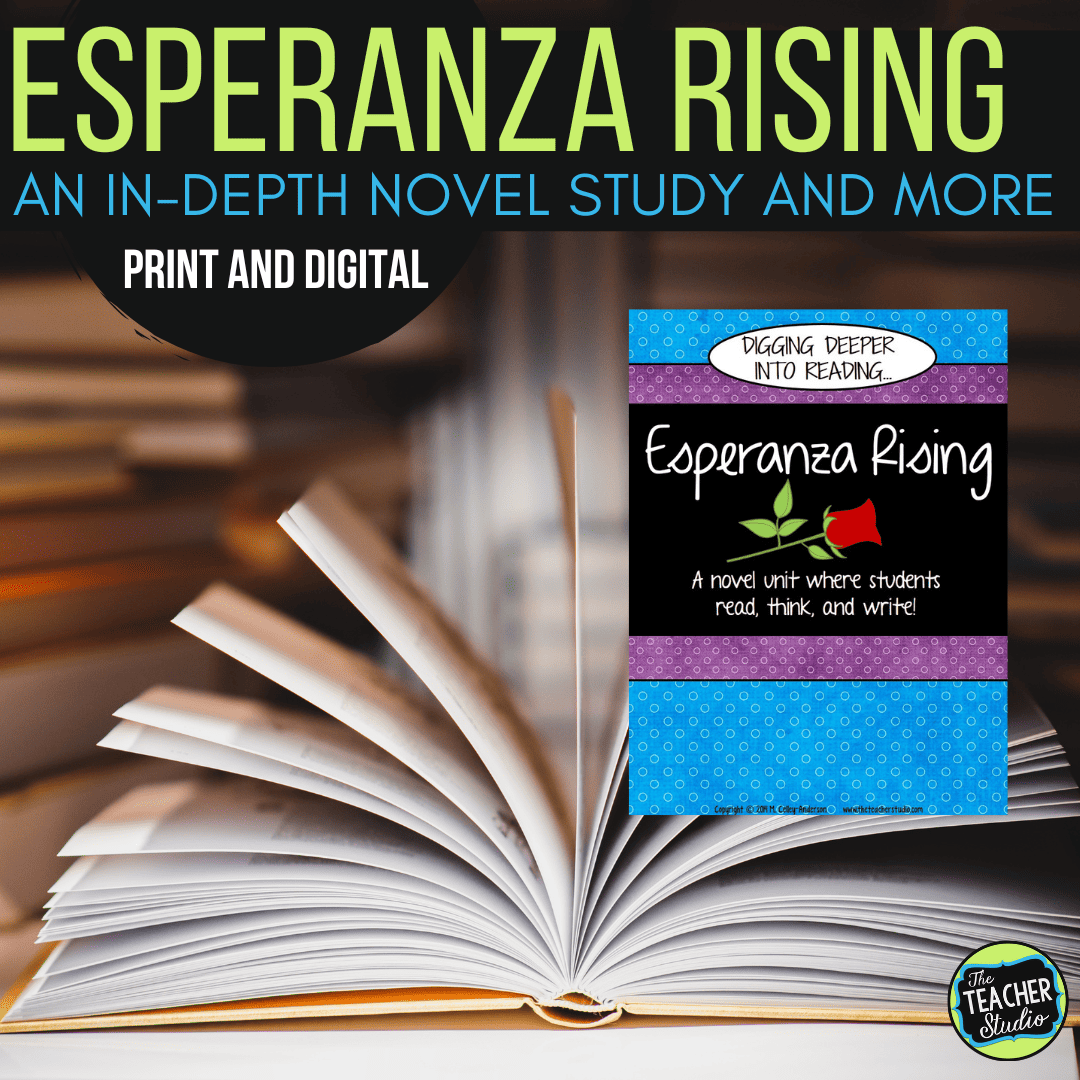So…I was right. Snow Day! So–what do I do in between rounds of shoveling? Make more homemade caramel corn? Wrap presents? Clean a bathroom? So many things to do–and here I sit! The beautiful snow (sure wish you could train it to only fall on the grass!) makes me think of how much fun the kids are going to have at recess tomorrow–then winter vacation!
One of my main goals over vacation is to develop a more organized way for me to keep track of problem solving activities for my kiddos. Teaching problem solving is SUPER important to me, and when the Common Core was first released and I learned of the Standards for Mathematical Practice, I was thrilled! “Finally!”, I thought, “We can teach CHILDREN instead of teaching a MATH SERIES!”. It has been an interesting journey so far, and I know each year will get better. One message I am trying to share is that helping students develop problem solving strategies is critical in our classrooms. I think many people hear the term “problem solving” and equate it to “word problems”. I think this does our students a disservice. To me, problem solving simply means “I can apply what I have learned about math concepts and apply them to new situations.” So–when I ask a child to explain to me why architects have to be good at geometry, this is problem solving. When I ask a child to prove to me that 32 + 27 < 7 x 9, this is problem solving. When I ask a child to find a way to spend less than $10 at a restaurant when given a menu, this is problem solving. What about asking students to find all the possible ways to break a $20 into change? Can word problems be problem solving too? Of course–but they are not the only way to help our students become better problem solvers.
I have been working with my team to find more ways to infuse problem solving into our math block…and we are pushing each other as professionals. It has been as much fun watching our staff learn as the children! If you haven’t begun to dabble in the CCSS Standards for Mathematical Practice, I beg you to do so–if you work together as a team, they can truly be a game changer for your kids. Attitudes about math, problem solving, and number sense are through the roof in our wing!
Teaching students to think is just as important as teaching them how to find common denominators–and the Standards for Mathematical Practice are a fantastic way to make sure that we are keeping the PROCESS in mind–not just the math content. Remember–problem solving does not just mean word problems…problem solving is an attitude, a state of mind, a habit to nurture–and it starts with how we design our math instruction!
Look for dozens and dozens of problem solving resources and Standards for Mathematical Practices resources in my store if you are interested!






